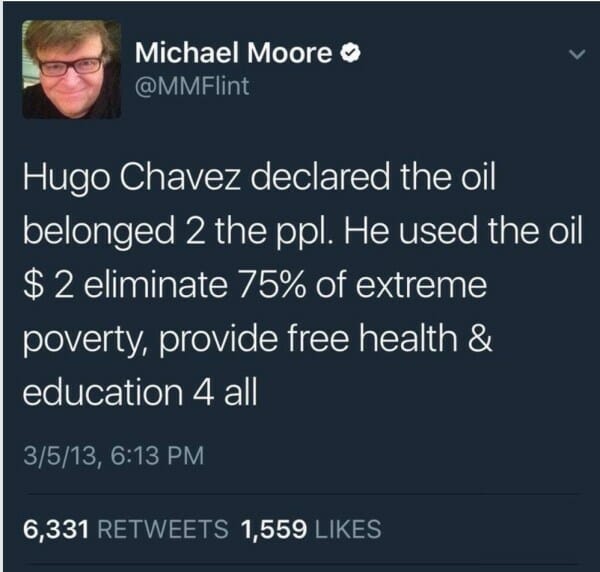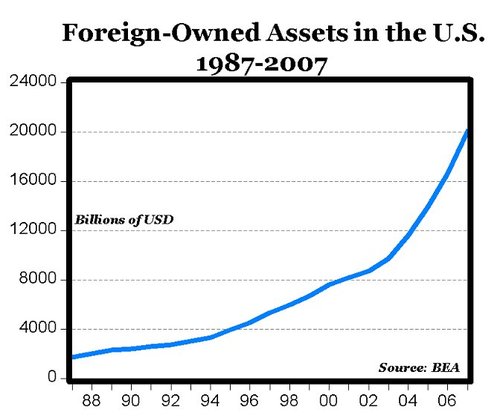I confess that historically, I have always had a bit of disdain for folks who say they are single issue voters. "Really?" I would ask, "You are going to ignore everything else going on and only vote based on X?" I thought it was a narrow-minded and shallow way to vote.
My apologies. I may have become a single issue voter myself. Here is why:
Two years ago, when the Republicans manage to elect Trump, I was sure I was going to vote straight-ticket Democrat in reaction. I find Trump's entire style distasteful in the extreme. And while I think there has been some good news on the regulatory front in various Departments under him, on his signature issues of immigration and trade I am 100% opposed to his goals and his approach. And while I have always believed Trump is probably a social liberal himself, he has a lot of advisors and cabinet members who are pretty hard-core opposed to a variety of freedoms, from gay marriage to marijuana use.
But that was two years ago, before the Democrats decided that their future was in a hard left turn into Marxism. I am not sure how a serious person can really entertain socialism given its pathetic history, but it seems to be a product of several cardinal sins of the modern generation (e.g. ignorance of history, evaluating policy based on its intentions rather than its logical consequences, and categorizing all perceived problems as resulting from white male European hetereosexual priviledge). At first I thought perhaps people were just using "democratic socialism" as a synonym for more redistributive taxes and greater welfare spending within an otherwise capitalist society. But over time I see proposals like one in Congress with fully 100+ Democratic sponsors calling for banning health care companies of all sorts from making a profit. This is straight-on socialism and ignorant in the extreme of any consequences beyond good intentions. By the way, I actually don't think we will end up with socialism under the Democrats but a form of European-style corporatism. This will mean that large companies like Google and Amazon with political influence will be ok, maybe even better. But small companies like mine with no hope of political access will get hammered.
So here is my voting problem. Republicans suck on many issues -- gay rights, drug law liberalization, immigration, trade -- that I am extremely passionate about (I briefly ran an Arizona initiative to legalize gay marriage) but that don't directly affect me. Yes, they affect many of my friends -- I have friends with potential immigration issues, I have friends with businesses getting hammered by tariffs, I have friends who are gay and married, I have friends that smoke rope and would rather not go to jail for it -- but not me directly. On the other hand, Democrats suck on most business regulatory issues, trying in the near term to turn the US into California and in the long-term into Venezuela. These are issues that DO affect me directly and greatly as a business owner. Already I have had to red line states such as California, Oregon, Illinois, New York, and Rhode Island where I formerly did business but backed out because the business climate was impossible. If this spreads to more states, I will be wiped out.
All of this is being made worse as both parties have started to get worse in the areas where they were traditionally more sensible. Republicans have abandoned whatever free market credentials they had by pursuing trade protectionism and increased restrictions on companies trying to hire foreign workers. Democrats are in the process of turning against free speech and have started sticking their nose in the bedroom (for example, by shifting the discussion of sex work to "trafficking," Republicans have successfully gotten Democrats to turn against a number of sorts of sexual freedom).
For years I have voted against my personal interests in elections, because my interests did not seem as weighty as other issues in play. Folks are being denied basic civil rights, so am I really going to vote for the folks enabling that just to avoid (admittedly costly and loony) California meal break laws to be applied in Arizona? Now, though, I am starting to rethink this position. In part because threats to businesses like me are more existential, and part because I am exhausted spending time defending other people's rights who in turn actively work to take away mine. For certain offices like sheriff, that don't affect my business, I will still be voting as I always have -- which person is least likely to harass the sh*t out of certain marginalized groups. But for others, and particularly the national offices, I am thinking about voting a straight "it's all about me" ticket (I am reminded, ironically, of the old "Me, Al Franken" SNL news bit he used to do.)
By the way, you might ask, "Coyote, you are a libertarian, why not just vote for the Libertarian candidate." Good question. Well, it turns out that the Arizona state legislature changed the rules for third parties explicitly to get the libertarian party off the ballot and prevent libertarians from "taking" votes from Republicans. Seriously, they were not even subtle about it. Instead of having to get a certain percentage of libertarians to sign a petition to get on the ballot, libertarian candidates now have to get a certain percentage of all independents to sign a petitions to get on the ballot. This is an very high bar and one that most libertarians could not clear this year (cynically, somehow the rules allowed green candidates to get on easier as Republicans want them on the ballot to "steal" votes from Democrats.) This is the #1 reason I may not vote tomorrow at all -- I cannot vote for our Marxist Democratic candidate for Senator, but I refuse to be forced to vote for the Republican. Ugh.



